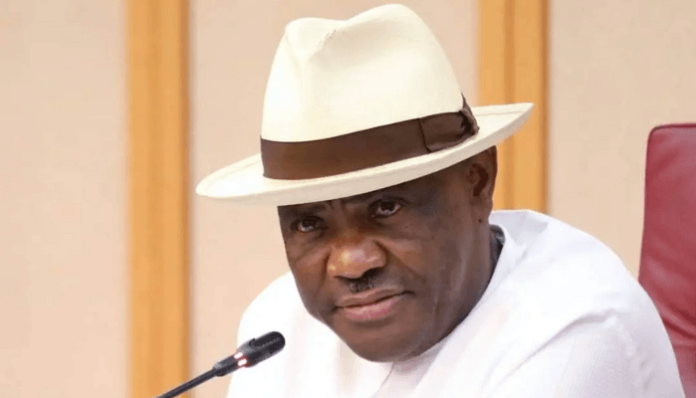A recent investigation has revealed that the Federal Capital Territory (FCT) Minister, Nyesom Wike, has approved a staggering N10 billion allocation for the rent and furnishing of residences for Senate President Godswill Akpabio, House Speaker Abbas Tajudeen, and their deputies, Barau Jibrin and Ben Kalu, in 2024.
The allocation falls under the budget line titled “Renting and Furnishing of Presiding Officers of the National Assembly” and is part of a controversial N288 billion supplementary budgets submitted by President Bola Tinubu and swiftly approved by lawmakers within five days.
This revelation comes amidst ongoing criticism of lavish government spending while millions of Nigerians grapple with severe economic challenges. Instances of citizens dying in stampedes for food aid have underscored the nation’s struggles, as leaders continue to allocate significant funds for luxury accommodations and furnishings.
The controversy deepens as questions arise over why the FCT Ministry, rather than the National Assembly with its N344 billion budget, is shouldering these costs. Adding to the perplexity is the existence of incomplete official residences for presiding officers in the Three-Arms Zone of Abuja. Despite these unfinished projects, Senate President Akpabio resides in a rented Maitama property, and Speaker Abbas occupies a rented home in Guzape District.
Critics have also noted the stark contrast in budgetary priorities. The N10 billion allocated for the housing needs of four officials dwarfs the N5.3 billion earmarked for the entire national housing program and the N11.5 billion set aside to build 20,000 homes for ordinary Nigerians. Recently, House members donated N704 million (half of their salaries) to assist struggling citizens, a gesture that pales in comparison to the opulent budgetary allocations for their leaders.
Efforts to obtain explanations from the FCT Ministry, Senate, and House of Representatives have been met with silence, as official information requests and inquiries from journalists remain unanswered. This lack of transparency has fueled public outrage over the government’s spending priorities.
The revelation has ignited widespread criticism, with many Nigerians questioning the government’s commitment to addressing the pressing needs of its citizens during a period of profound economic hardship.













